Assad’s latest amnesty will put pressure on Syrian refugees in Türkiye
 A collage featuring Bashar al-Assad inviting Türkiye, Lebanon, and Jordan to Syria, September 23, 2024 (Collage by Mehmet Akbas/Türkiye Today)
A collage featuring Bashar al-Assad inviting Türkiye, Lebanon, and Jordan to Syria, September 23, 2024 (Collage by Mehmet Akbas/Türkiye Today)
On September 22, 2024, Syria announced a general amnesty for individuals accused of fleeing, committing minor crimes, and certain violations. The decree issued by regime leader Bashar al-Assad allows citizens who have fled abroad to return to Syria without facing prosecution. Over the past decade of civil war, Syrian refugees have constituted the largest refugee population in the world, with Türkiye, Lebanon, and Jordan among the countries with the highest refugee rates. Initially, Lebanon and Jordan adopted an open-door policy for refugees, but now they exert pressure on Syrians to go back through coercive practices.
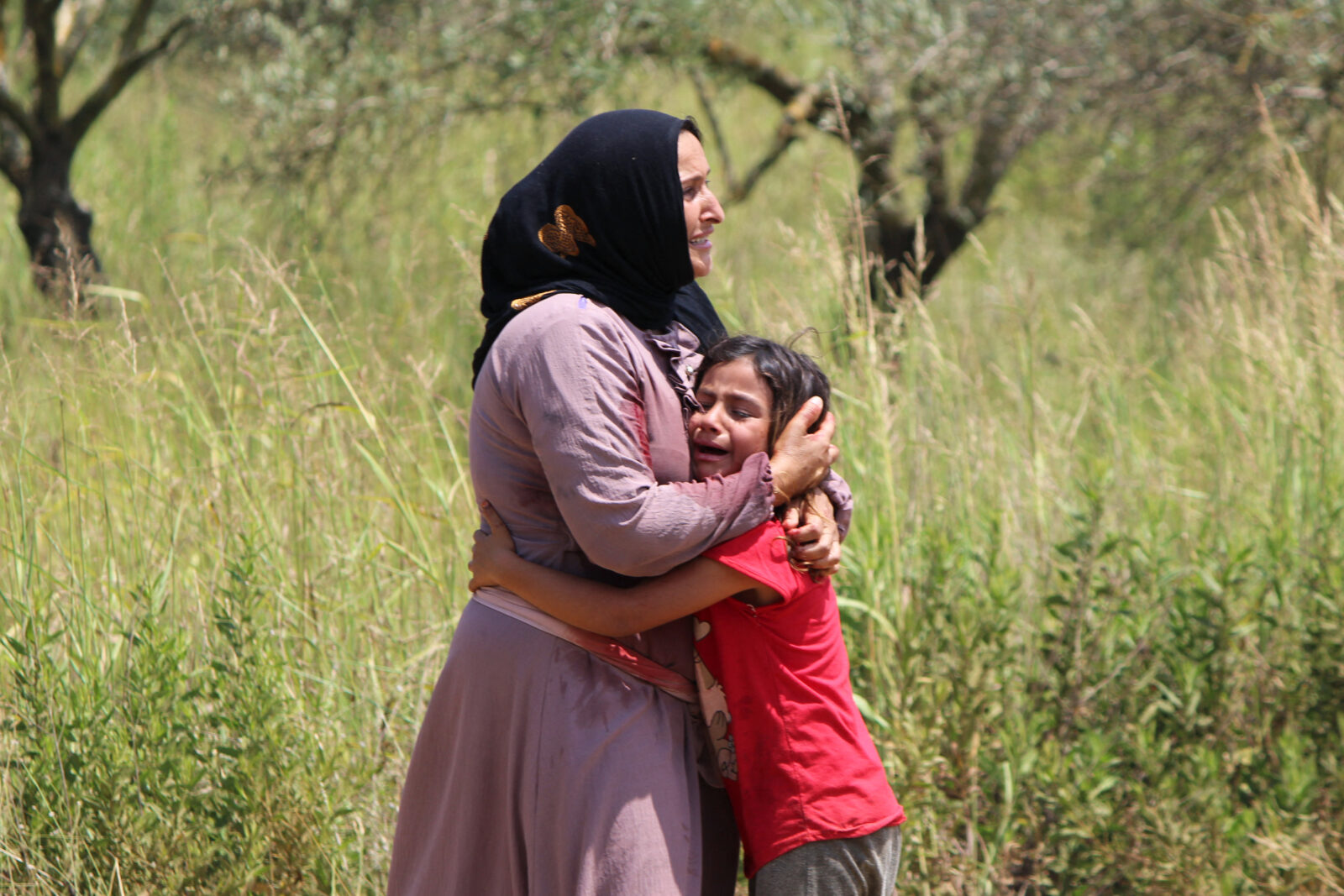
Current situation of Syrian refugees in Lebanon and Jordan
The economic collapse in Lebanon and the COVID-19 pandemic have further worsened living conditions of Syrian refugees. Ninety percent of the population lives in extreme poverty, struggling to survive through credit and debt. In Jordan, refugees are grappling with economic stagnation and restrictive measures. Despite these challenging conditions, the return of refugees to Syria has not increased, as security concerns remain the primary factor.
Lebanon has imposed discriminatory practices against refugees, including curfews and restrictions on legal residency and access to employment. In Jordan, only 2% of refugee households can meet their basic food needs.

Increased pressures following forced returns and amnesty decrees
Forced return refers to the repatriation of refugees to conditions that threaten their lives. The pressure on Syrians to return often influences their decision to go back to their country.
Syria is still not viewed as a safe place; the United Nations does not support mass returns to Syria and provides only individual assistance to returnees.
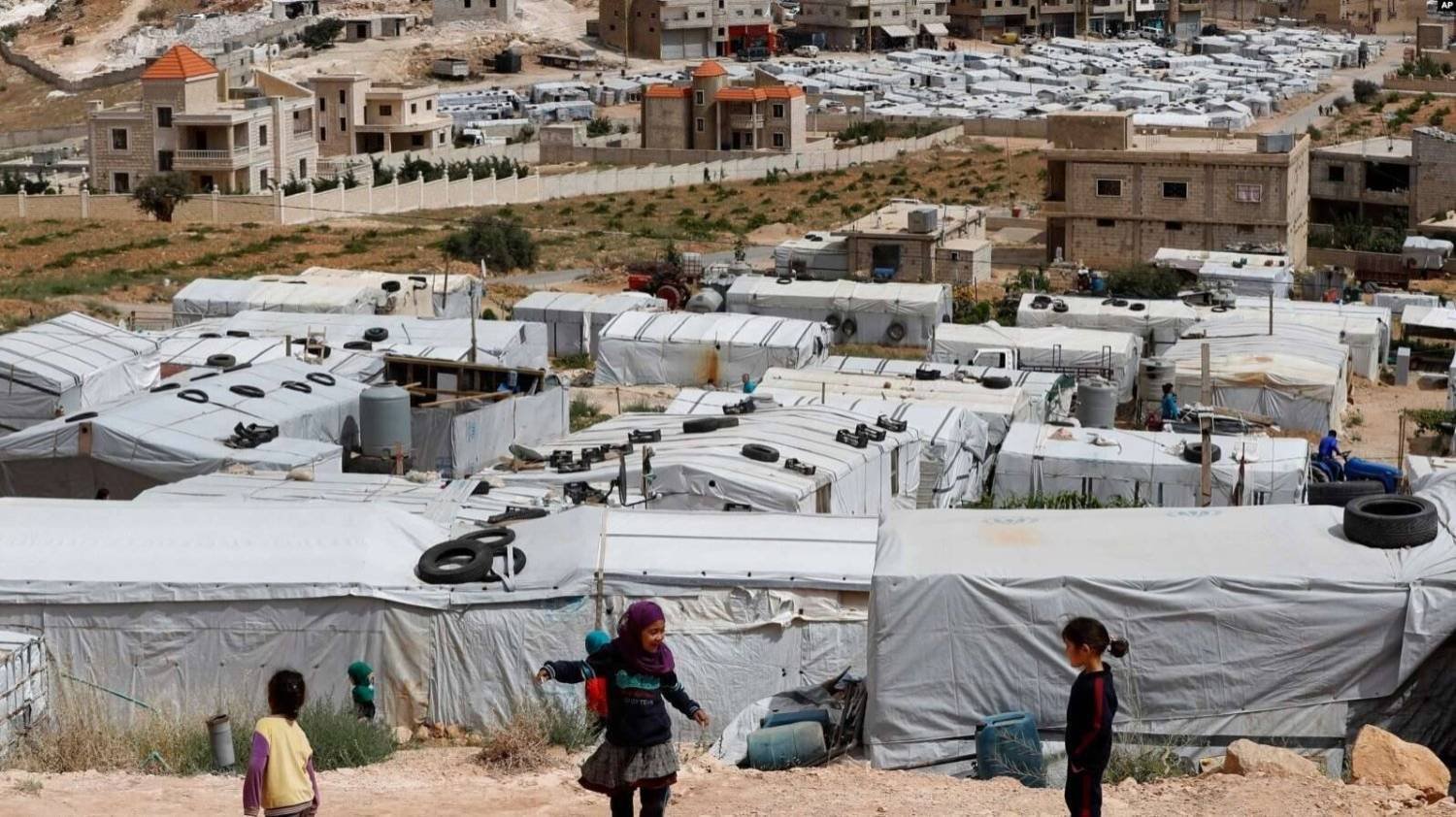
In May, images emerged showing Lebanese soldiers removing Syrian men without residence permits from a ruined refugee camp in the Bekaa Valley, amid the cries of children.
This situation exemplifies the challenges faced by refugees.
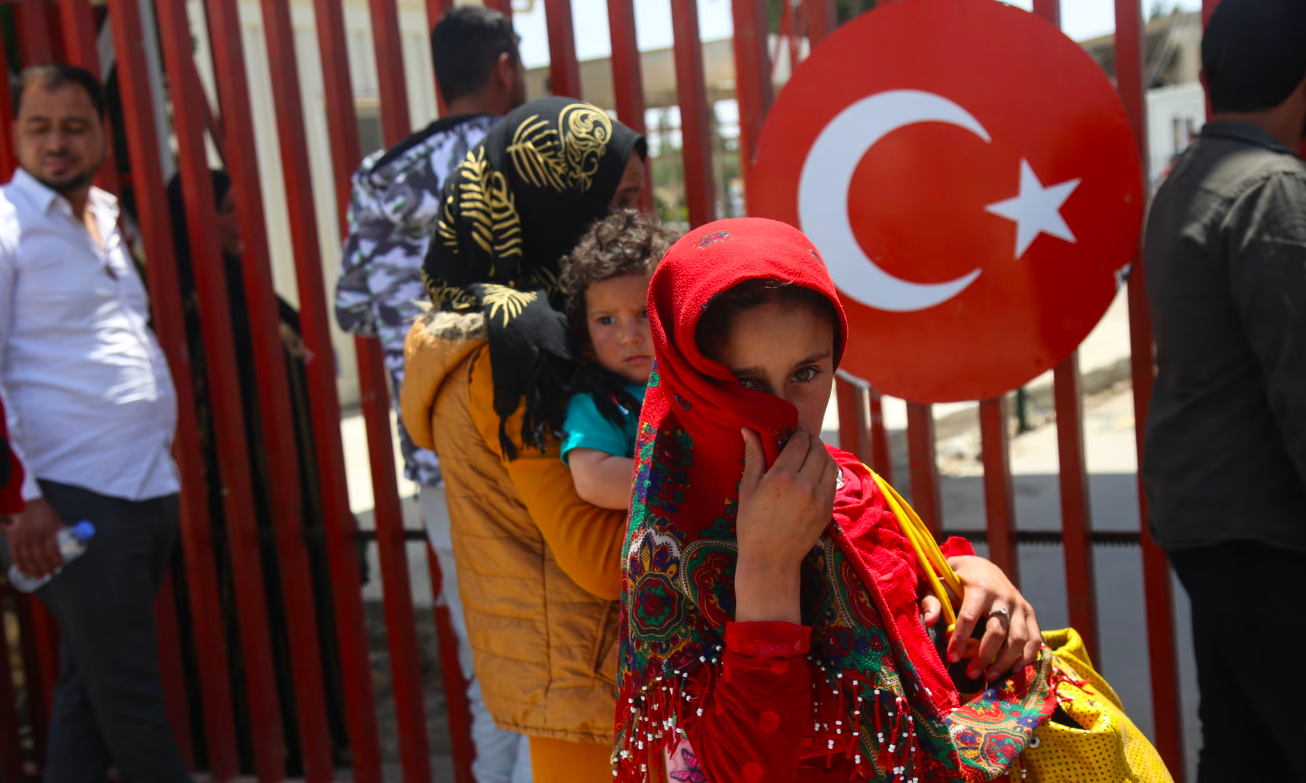
Are returnees facing risks in Syria?
Refugees returning from Lebanon and Jordan encounter the same human rights violations upon their return. According to BBC reports, the Syrian government detains returnees, subjects them to torture, and exposes them to severe human rights abuses such as killings. The worsening economic situation further complicates refugee returns; those unable to find homes or jobs continue to struggle for survival.
Lebanon announced that 300 refugees voluntarily returned to Syria last month. However, aid organizations reported that over 400 Syrians, caught during camp raids or at checkpoints, were quickly expelled by the Lebanese army. This situation raises concerns regarding human rights abuses and arbitrary detentions.
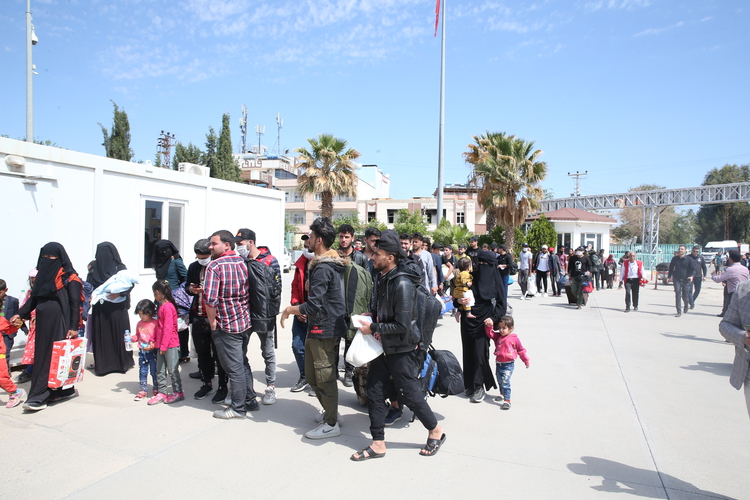
Is pressure increasing in Türkiye? What to expect after the amnesty?
In recent months, President Recep Tayyip Erdogan made a statement regarding the refugee issues in Türkiye, saying, “It is unacceptable for anyone to burn homes, relatives, or set streets on fire,” and added that discrimination, marginalization, and hate speech have no place in the AK Party’s politics.
However, the recent leak of Syrian refugees’ personal information, accompanied by racist sharing, has heightened concerns.
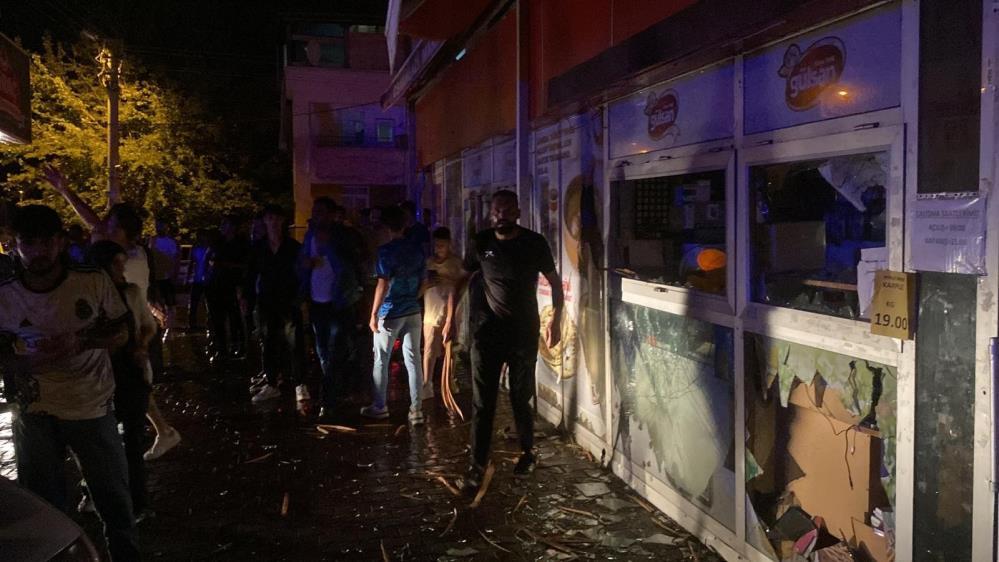
The Turkish Ministry of the Interior announced a large-scale investigation, revealing that the social media user behind the account “Ayaklanis#Türkiye,” (Uprising#Türkiye) which called for unrest and shared the identities of temporarily protected Syrians, was a 14-year-old child. Necessary actions were taken by the Istanbul Child Police Department.
Türkiye grants temporary protection status to asylum seekers from Syria. According to the Directorate General of Migration Management (DGMM) under the Ministry of Interior, as of June 6, 2024, there are 3,113,478 Syrians under temporary protection in Türkiye.
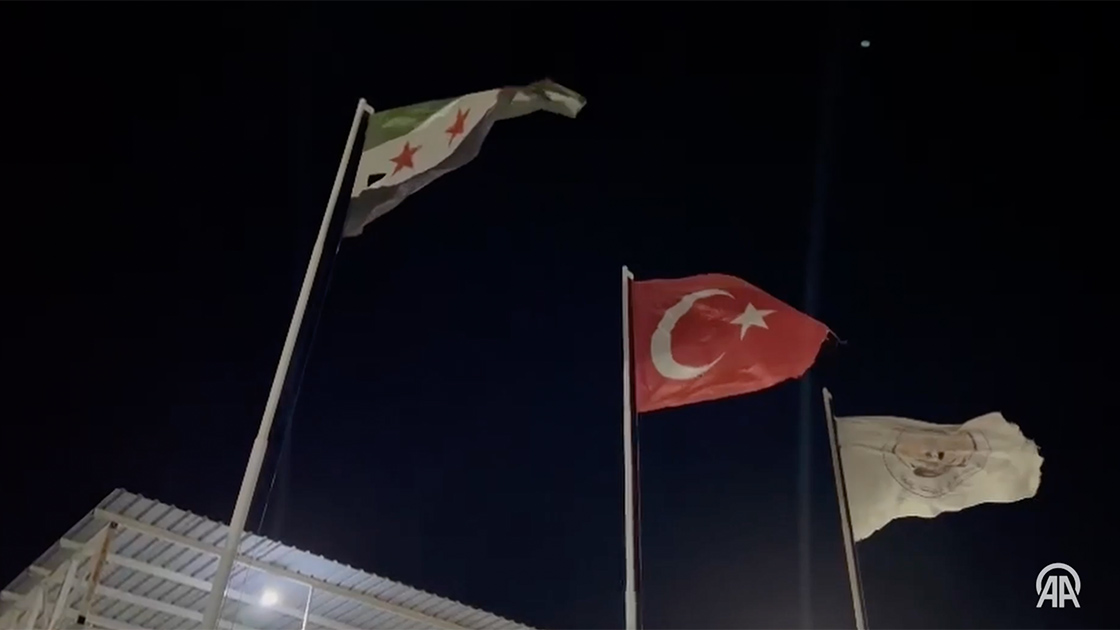
Official figures indicate that this number has decreased by approximately 500,000 since 2021. Interior Minister Ali Yerlikaya stated in February this year that nearly 625,000 voluntary returns have occurred, noting that as Syrians observe the normalization of life in “safe areas,” they wish to return to their homeland, and returns have increased.
Human Rights Watch (HRW) has reported that these returns are not genuinely voluntary. In March, the organization announced that it had determined that forms for “voluntary” return were being signed by Syrians before being sent back.
HRW’s Middle East Deputy Director Adam Coogle stated, “The returns that Türkiye calls ‘voluntary’ are in fact returns to safe areas.”
Reports indicate human rights violations in returns to Syria
HRW has documented that between 2017 and 2021, refugees returning from Lebanon and Jordan faced severe human rights violations by the Syrian government and affiliated armed groups in its 72-page report titled “Our Lives Are Like Death: Syrian Refugee Returns from Lebanon and Jordan,” indicating that returns to Syria are not safe.
The report documented 21 cases of detention, 13 cases of torture, 3 cases of kidnapping, 5 extrajudicial executions, and 17 cases of enforced disappearance based on interviews with 65 returnees and family members. Refugee and migrant rights researcher Nadia Hardman emphasized that the devastating experiences of refugees returning to Syria clearly demonstrate that the country is not safe for return.
The report also noted that refugees have limited information about living conditions in Syria and that ongoing economic difficulties render sustainable returns impossible. The return plans implemented in Lebanon involve decisions and regulations designed to complicate the lives of refugees.
What is the UN’s position?
The United Nations High Commissioner for Refugees (UNHCR) acknowledges that Syria is not safe but supports individual voluntary returns. HRW stresses that all countries should not send Syrians back to a country where they may face violence and persecution.
The situation for Syrian refugees remains dire, both in host countries like Lebanon and Jordan and for those considering a return to Syria. Despite the announced general amnesty by the Syrian regime, the risks and human rights violations faced by returnees persist, making their safe reintegration into society highly questionable. As the international community grapples with the challenges of displacement, it is crucial to prioritize the well-being and rights of refugees, ensuring they are not forced into precarious conditions or returned to environments where their safety is at risk. Sustainable solutions must be sought that address the root causes of the refugee crisis and provide adequate support for those affected.



